Fresh controversy has erupted in the education sector after shocking revelations showed that billions of shillings have been going to ghost students in public schools.
According to recent findings, the government has unknowingly been disbursing Ksh1.1 billion meant for learners who do not exist, raising serious questions about accountability and data management within the Ministry of Education.
This revelation has left many Kenyans in disbelief as concerns grow over how such a massive financial loss could go unnoticed for so long.
Education Cabinet Secretary Migos Ogamba made the disclosure while appearing before the National Assembly plenary, where he explained that the ongoing verification exercise had already exposed major irregularities.
The process, which is meant to confirm the existence of genuine students and schools, has so far led to the closure of ten secondary schools found to have no students at all. He told lawmakers that the ministry is still waiting for data from 934 schools, suggesting that the actual amount lost could be even higher once the final verification is complete.
“This exercise has borne fruits because as we have completed the exercise with only 934 schools yet to be verified, we have discovered that Ksh1.1 billion has been released to students that do not exist,” CS Ogamba said.
“That is why this exercise is important,” he added. His remarks, however, sparked anger among Members of Parliament who accused the ministry of harbouring deep-rooted corruption.
Many lawmakers expressed frustration that public money was being misused while schools across the country struggle with inadequate resources.
Speaker Moses Wetangula questioned why no action had been taken against officers responsible for maintaining accurate school records.
He demanded accountability for the funds that had been sent to nonexistent schools and fake learners, describing it as a criminal act that betrayed the trust of taxpayers.
CS Ogamba defended himself, stating that investigations were still ongoing and that it would be premature to punish anyone before the exercise was concluded.
He maintained that once the verification is done, the ministry will identify those involved, trace the bank accounts used, and determine the sub-counties affected.
However, his explanation did little to calm the angry lawmakers who felt that the ministry was dragging its feet.
Minority Whip Millie Odhiambo sharply criticized the CS, accusing him of protecting corrupt officers. She argued that the ministry did not need to wait until the entire process was over to begin disciplinary action against known culprits.
Her sentiments were echoed by Budalangi MP Raphael Wanjala, who accused the CS of playing tricks and possibly benefiting from the same corruption networks draining public funds.
The issue has now sparked calls for immediate reforms within the Ministry of Education, with many Kenyans demanding stronger systems to prevent ghost enrollments and fake school listings.
The spotlight remains firmly on the ministry to clean up its records and ensure that every shilling meant for students reaches those who truly exist and deserve it.










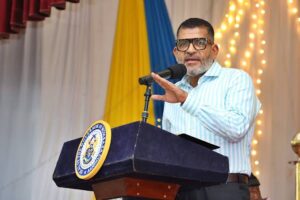



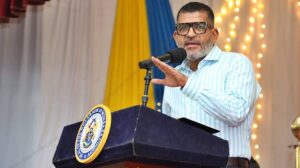
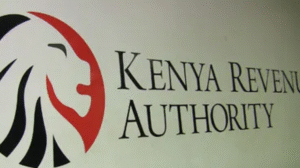
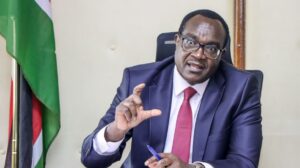


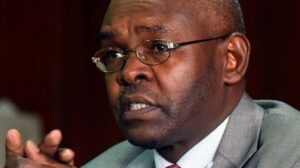
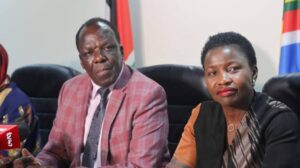
Add Comment